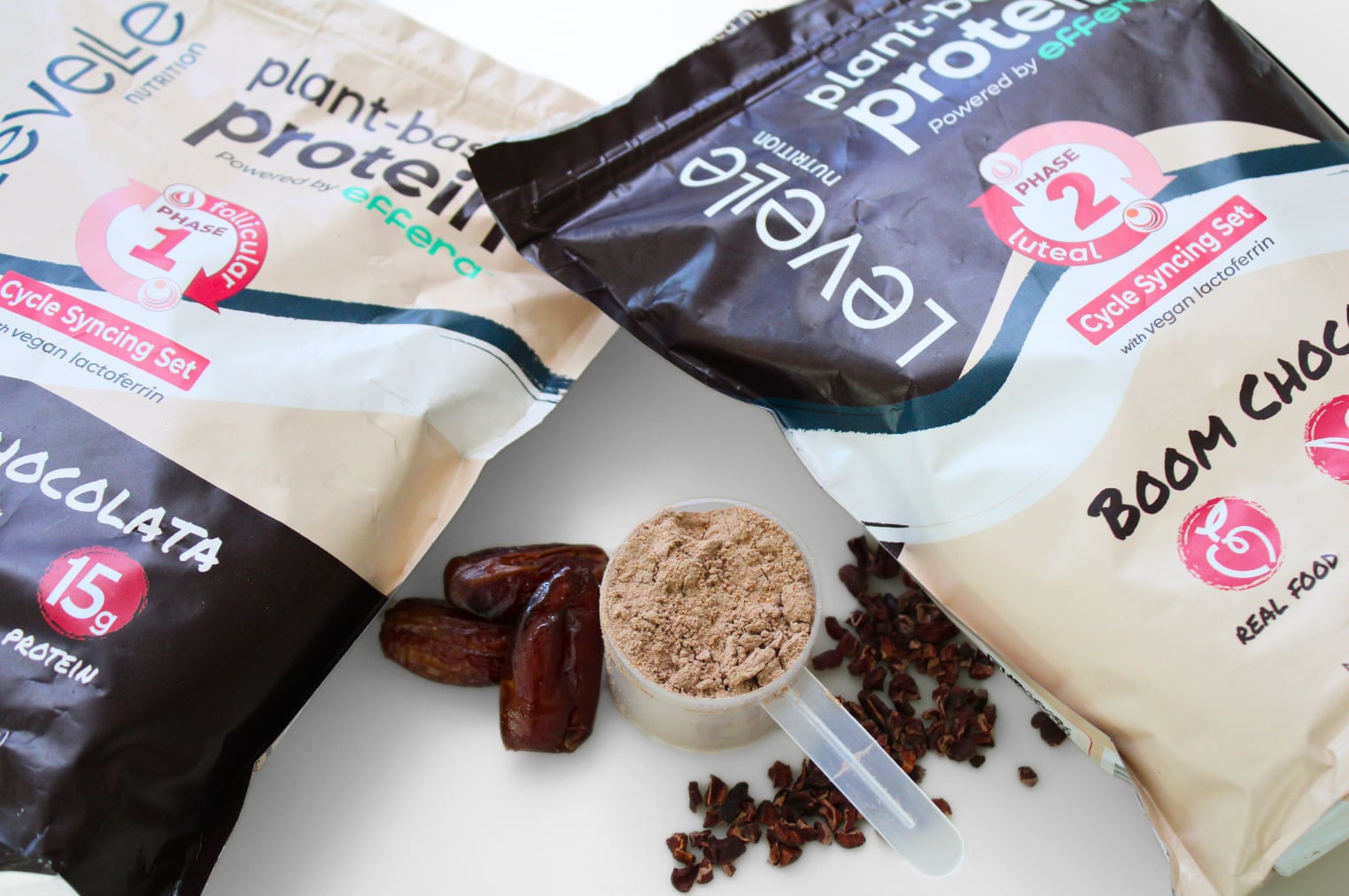As GLP-1 medications reshape eating habits and private label innovation booms, beverages must deliver nutrient density, low sugar and smart positioning to stay competitive, according to Ravi Jhala, VP of commercialization at FedUp Foods, a functional beverage manufacturer specializing in private label.
Consumers on GLP-1 medications often experience appetite suppression, which can create nutrition gaps, Jhala explains.
“How can you provide light and nutrient-dense products to this GLP-1 consumer base, so that they do not feel very stuffed up, but yet they are able to derive the need state of nourishment?” Jhala asked.
For FedUp, the response has been developing beverages that balance satiety, hydration and micronutrients in small, palatable formats. Jhala described interest from private label retail partners in positioning GLP-1 friendly beverages “next to a protein snack or in the wellness space” and in exploring combinations such as protein waters with prebiotic fibers or electrolyte sodas with live cultures.
Functional stacking and category blurring
The functional beverage aisle has become a test case for category blurring.
“Consumers want beverages that do more than just hydrate, and they want multiple functionalities incorporated into one beverage,” Jhala said. This trend, which he calls “functional stacking,” has led to hybrids like energy-plus-gut-health drinks or hydration-plus-cognitive-support formulas.
That complexity brings formulation and regulatory challenges. Jhala explained that FedUp addresses this by relying on fermentation as a core capability.
“Fermentation is naturally good in terms of not only providing the live and the active organisms, but then it also provides you the background of postbiotics,” he said.
The company also invests in cold-processing technologies to preserve nutrients without heat damage.
Innovation, private label and the new CPG playbook
The crowded functional beverage space raises questions of how brands can remain agile and competitive.
“Sometimes it’s OK to be a fast follower,” Jhala said, noting that FedUp’s private label model allows it to move quickly without slotting fees on store shelves. Today, FedUp services “nine of the top 12 private label functional beverage retailers in the US,” Jhala said.
“Over the last five years or so, we are starting to see a substantial movement in consumers becoming a more smart shopper,” and that “momentum is going to get stronger for private label going forward,” Jhala explained.
For national brands, that means rethinking the old growth model. “The conventional CPG model of brand building needs to change in order to compete with private label, on the innovation front,” Jhala said.
Larger CPGs may increasingly turn to acquiring smaller innovators to keep pace, Jhala.




